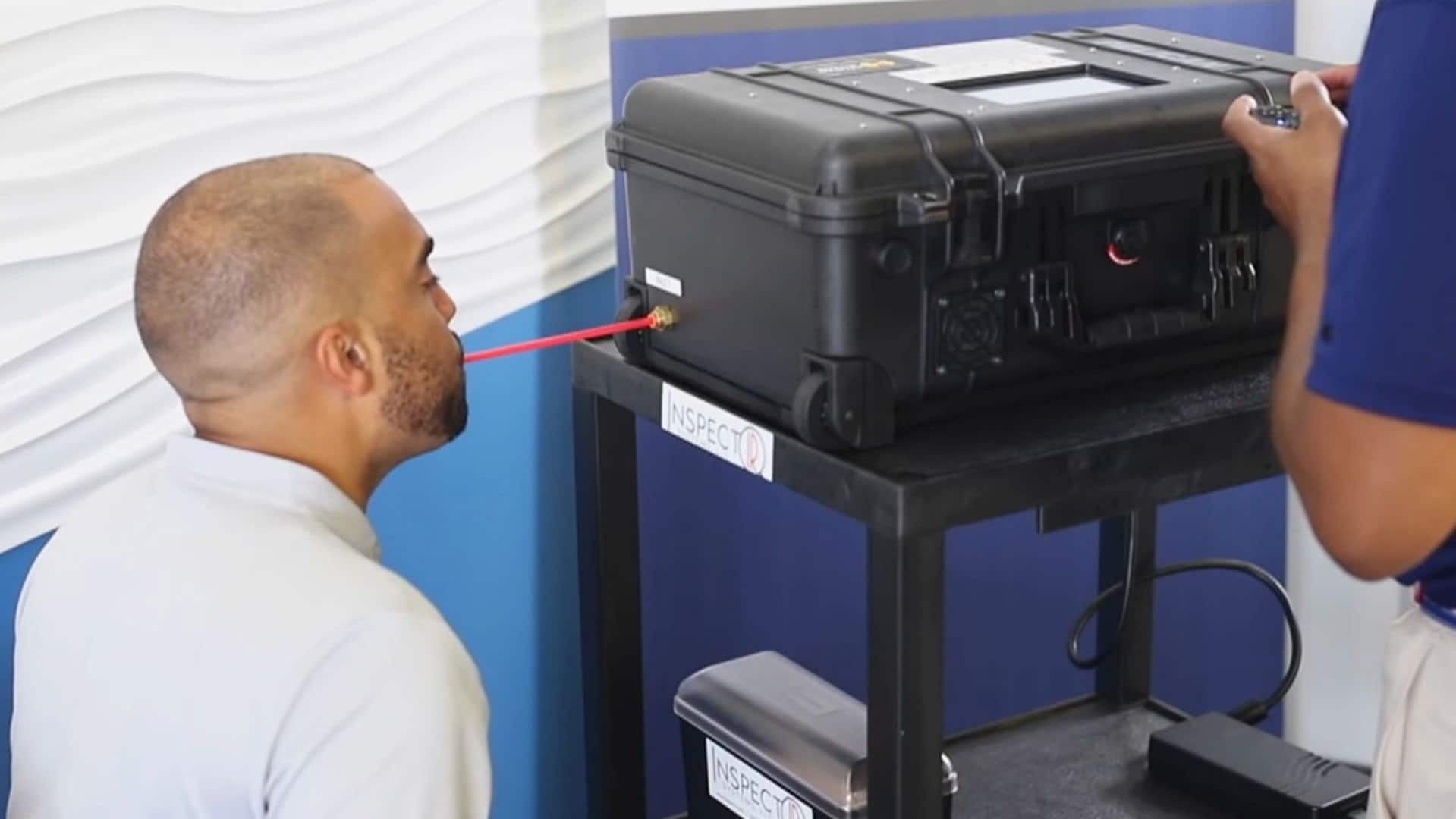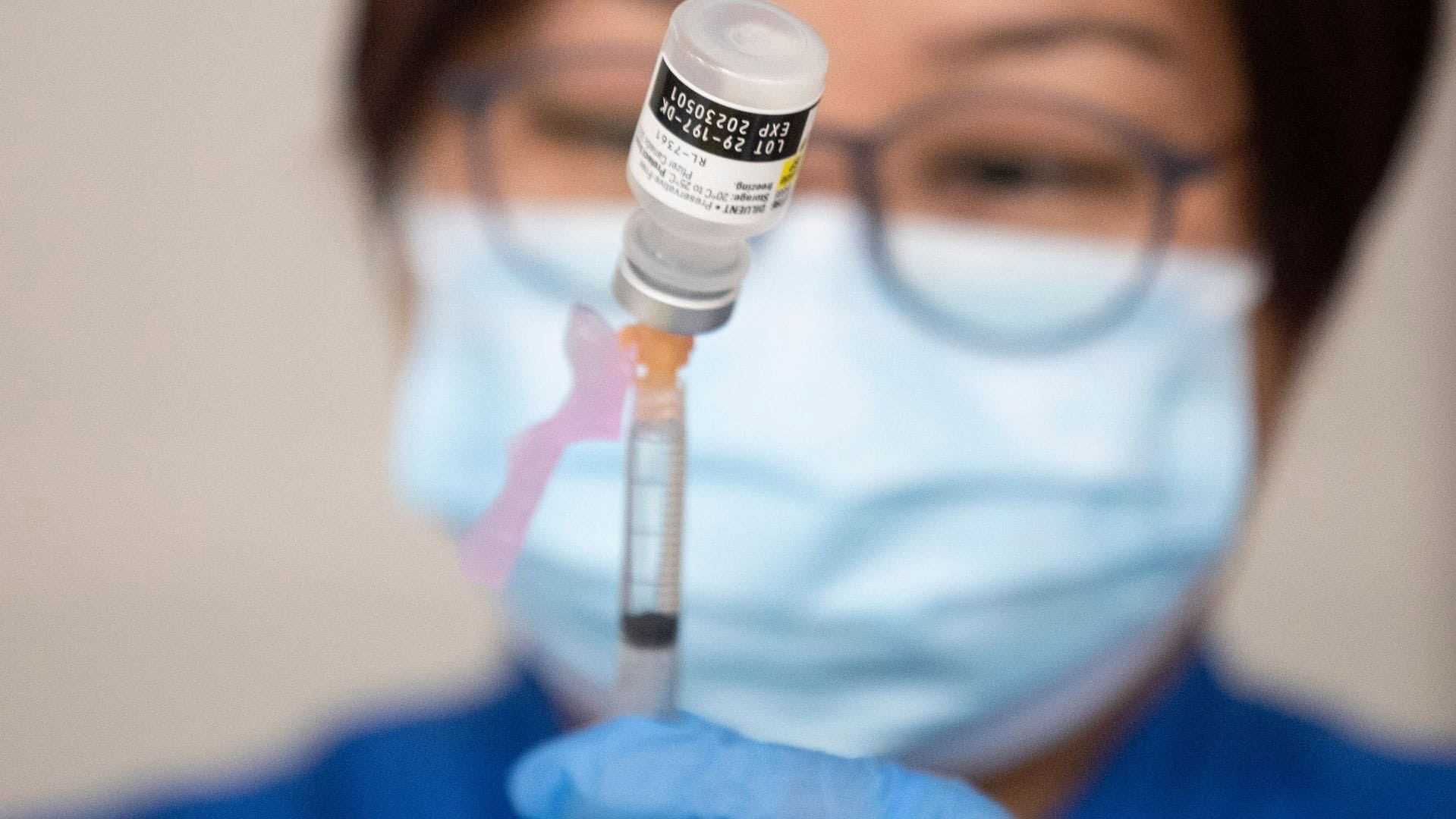The European Commission said Wednesday that between 60 and 80 per cent of the European population was estimated to have been infected with COVID-19.
European Union governments should ramp up COVID-19 immunizations of children, the bloc's executive body said, also signaling it was considering plans to develop antivirals.
"It is estimated that between 60 per cent to 80 per cent of the EU population has by now had COVID," EU health commissioner Stella Kyriakides told a news conference.
The EU public health agency said reported cases had covered about 30 per cent of the European population so far, but if unreported infections were added, cases could be as high as 350 million, about 77 per cent of the European population.
With a recent drop in infections and deaths linked to COVID-19, the EU is now shifting away from mass testing and reporting of cases, Kyriakides said.
But fresh COVID-19 surges are likely as the virus is expected to continue mutating, and therefore countries should have in place plans to shift back into emergency mode, the commission said.
More than half of U.S. population has been infected: study
The commission's comments come on the heels of a U.S. nationwide blood survey released on Tuesday, which estimated that 58 per cent of the U.S. population overall and more than 75 per cent of younger children have been infected with the coronavirus since the start of the pandemic.

That study, issued by the U.S. Centers for Disease Control and Prevention (CDC), marks the first time in which more than half of the U.S. population has been infected with the SARS-CoV-2 virus at least once. Before Omicron arrived in late 2021, a third of the U.S. population had evidence of a prior SARS-CoV-2 infection.
Scientists looked for specific antibodies produced in response to the SARS-CoV-2 virus that are only present after an infection and are not generated by COVID-19 vaccines. Trace amounts of these antibodies can remain in the blood for as long as two years.
Comparable national data for Canada is not yet readily available, but researchers in B.C. analyzed thousands of blood samples in the Lower Mainland throughout the pandemic to track antibody levels in the general population, and found a massive shift in the level of infection as Omicron and its variants have outperformed other variants to a staggering degree.
The B.C. data, provided in advance to CBC News, found close to 40 per cent of the population had antibodies from a previous infection in March, up from around 10 per cent in October.
Dr. Danuta Skowronski, a vaccine effectiveness expert and epidemiology lead at the British Columbia Centre for Disease Control who led the research, told CBC News that the research found that nearly two-thirds of children under 10 showed evidence of prior infection.
In Ontario, official estimates now show as much as 40 per cent of the population was infected with COVID-19 since December alone.
Concerns about drawdown of accurate data
The collection of timely data has become a concern in many countries, including Canada. Since the onset of the Omicron variant, Canadian provinces and territories have scaled back access to PCR testing, citing the lack of capacity to keep up with demand and the need to free up health-care resources.
While wastewater surveillance provides important data, it's less helpful in detecting emerging trends.
Tedros Adhanom Ghebreyesus, director general of the World Health Organization, urged countries on Tuesday to maintain surveillance of coronavirus infections, saying the emerging state of affairs, "makes us increasingly blind to patterns of transmission and evolution."
Bill Rodriguez, chief executive of FIND, a global aid group working with WHO on expanding access to testing, said "testing rates have plummeted by 70 to 90 per cent."
Child vaccinations stressed
European governments on Wednesday were urged by the commission to continue pushing for the immunization of the unvaccinated, especially children, before the start of the new school term in the autumn.
Vaccinating eligible children against the coronavirus has been a struggle for many developed nations, with most North American and European countries starting their child inoculation drives between November and January.

Immunization rates are below 15 per cent among European children aged between five and 9, the youngest age group for which COVID-19 vaccines have been authorized there. In the U.S., 28 per cent of children five to 11 as of April 20 were considered fully vaccinated, with 35 per cent having received at least one dose.
Canada has fared better than most Western nations in vaccinating the youngest eligible children, but federal and provincial health officials have said they would like to see the rate rise even more. Nearly 41 per cent of Canadian kids aged five to 11 are fully vaccinated, according to Health Canada, and 56 per cent have received at least one dose
As Omicron's transmissibility has seen the public health focus shift ever more so to preventing hospitalizations and serious outcomes, as opposed to preventing infection outright, antivirals are also increasingly of interest.
Antiviral pills against COVID-19 developed by Pfizer and Merck & Co have been approved for use in Canada, the U.S. and the EU. But their uptake has so far been limited in the West, due to a range of reasons including the slowing of the pandemic, high prices and some confusion on eligibility and how to prescribe them.
U.S. President Joe Biden's administration is aiming to expand access to COVID-19 oral antiviral treatments like Pfizer's Paxlovid by doubling the number of locations at which they are available, the White House said Tuesday, with an emphasis on pharmacies.

















